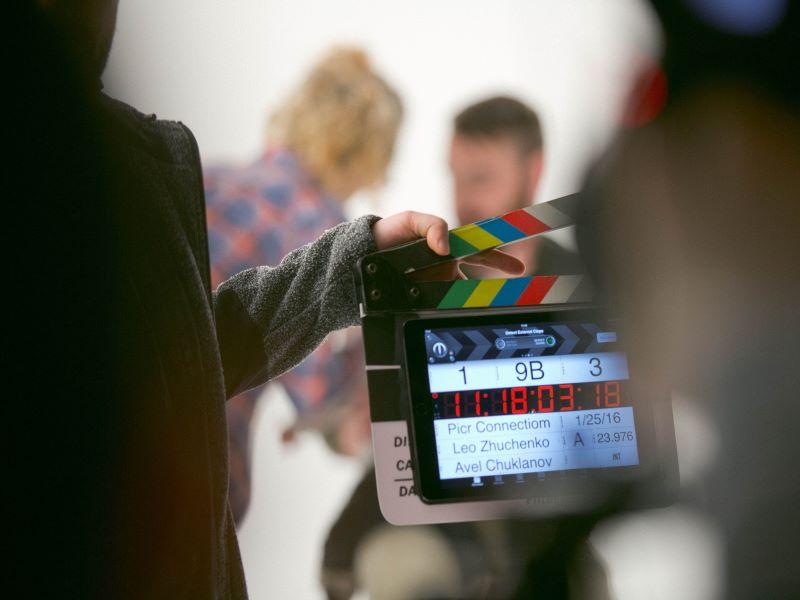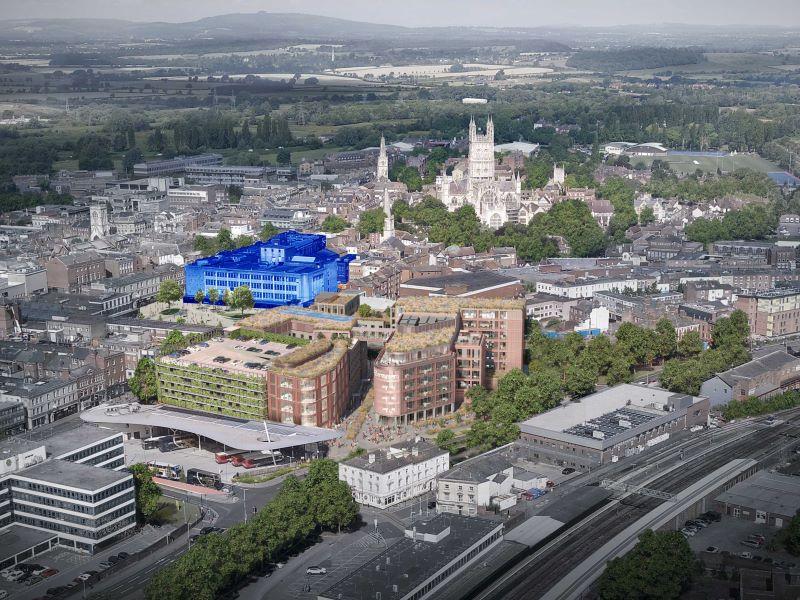Community partners in academic research provide powerful local knowledge and can help create new ecosystems for economic growth. In practice, true research partnerships between academics, their communities and other non-academic players make unique and valuable contributions to tackling challenges around public health, education and the environment. To grasp this opportunity, however, we’ll need daring new funding models and innovative ways to deliver these projects.
I’m leading a national research programme that has published a report, By All, For All: The Power of Partnership, that profiles the range and scale of non-academic partners and communities that have worked with the UK’s Arts and Humanities Research Council (AHRC) to co-create new culture through research and development across the past 10 years.
From the National Trust to local community groups, global businesses to government bodies, the report maps the achievements of more than 1,600 non-academic partners who have engaged in AHRC collaborative research and development (R&D). It explores how and why opening doors to innovation for people who would never consider themselves to be “researchers” has affected a wide range of national challenges, including health and well-being, the environment, skills and education, and civic identity and pride in place.
The term “creative community” describes a place-based cross-sector collaboration that brings together diverse partners around a shared challenge or opportunity with the aim of generating new cultural activity. Since 2012, the creative communities model of R&D has been accelerated by AHRC funding and the pressures of contemporary contexts, including the Covid pandemic and the cost-of-living and energy crises. From community curation of contemporary art works in Teesside and production of public art visualising local health data in Brighton, to films featuring young people’s views of borders in Northern Ireland and community excavation of heritage sites in Wales, and to sculpture walks to help people keep fit during and after Covid, the report profiles how and where communities and non-academic partners have joined forces with AHRC researchers to co-create new cultural interventions across the UK. What stands out about these projects is that they each bring together diverse partners to produce culture that is far greater in reach and scale than any partner could achieve working on their own.
Our report provides new evidence that demonstrates how we can expand our research horizons when we engage external partners as equal players in innovation. But it also identifies barriers to growing the creative communities model of R&D, including inequity in who can bid for funding, disempowering dynamics in collaborative research with communities and non-academic partners, hit-and-run funding schemes that are introduced and sun-setted too quickly, and a lack of cross-sector and cross-government collaboration between the UK and the devolved nations that prevents effective policy pollination.
In our report, we’ve presented some key policy recommendations that would prioritise community engagement and cross-sector working to create a more diverse, sustainable and resilient research ecosystem that can drive economic growth and create pathways for everyone to engage in R&D.
Funders should invest in a new routes-into-research recruitment drive as well as a business activation review to better understand what motivates and what turns off non-academic partners from engaging in R&D. This will help them to better address these barriers and maximise opportunities for growth. By expanding eligibility to bid for research funding to more sectors and organisations, we could also create horizontal research partnerships. Microbusinesses, freelancers and community groups are under-represented in R&D, yet they are the groups that are often at the cutting edge of contemporary practices and problems. Helping communities and researchers build research agendas together means shifting the dial on power relations and adapting research funding and research priorities to those of communities, rather than communities having to fit into research council agendas.
The UK’s competitive edge relies on our ability to champion new growth models and to utilise existing resources efficiently.We cannot innovate with legacy R&D systems and cross-sector funding structures that prioritise competition and discourage collaboration. By introducing new funding opportunities – including “assemble” funds to bring together unlikely allies around research challenges and signature calls for submissions that are co-created with other funders and government bodies – funders can mandate partnership working and reward collaboration in R&D projects.
We’ll also need new models of delivery and training for both academic and non-academic partners to learn the skills of collaboration and co-creation. Our report recommends that a new co-creation skills scaffold for researchers should be developed and the research concordat should be updated to incorporate working with partners in researcher development. It also calls for a “levelling up” in the language and metrics of devolution – moving the focus of funding and activity away from London – to ensure that all regions and nations around the UK share a common understanding of how to measure the impact of culture-related R&D interventions, and so that devolved governments can share policies on the issue.
The crises and conflicts of the past two decades have proved that wicked problems necessitate Avengers-style alliances of diverse partners coalescing around a shared goal. Creative communities offer an opportunity for funders not only to build back better from the pandemic and deliver on the government’s mission to spread skills, knowledge and power more equitably across the UK, but to also build an R&D ecosystem that is by all, for all, for all our futures.
Katy Shaw is the director of creative communities and director of cultural partnerships at Northumbria University.
If you would like advice and insight from academics and university staff delivered direct to your inbox each week, sign up for the Campus newsletter.




comment